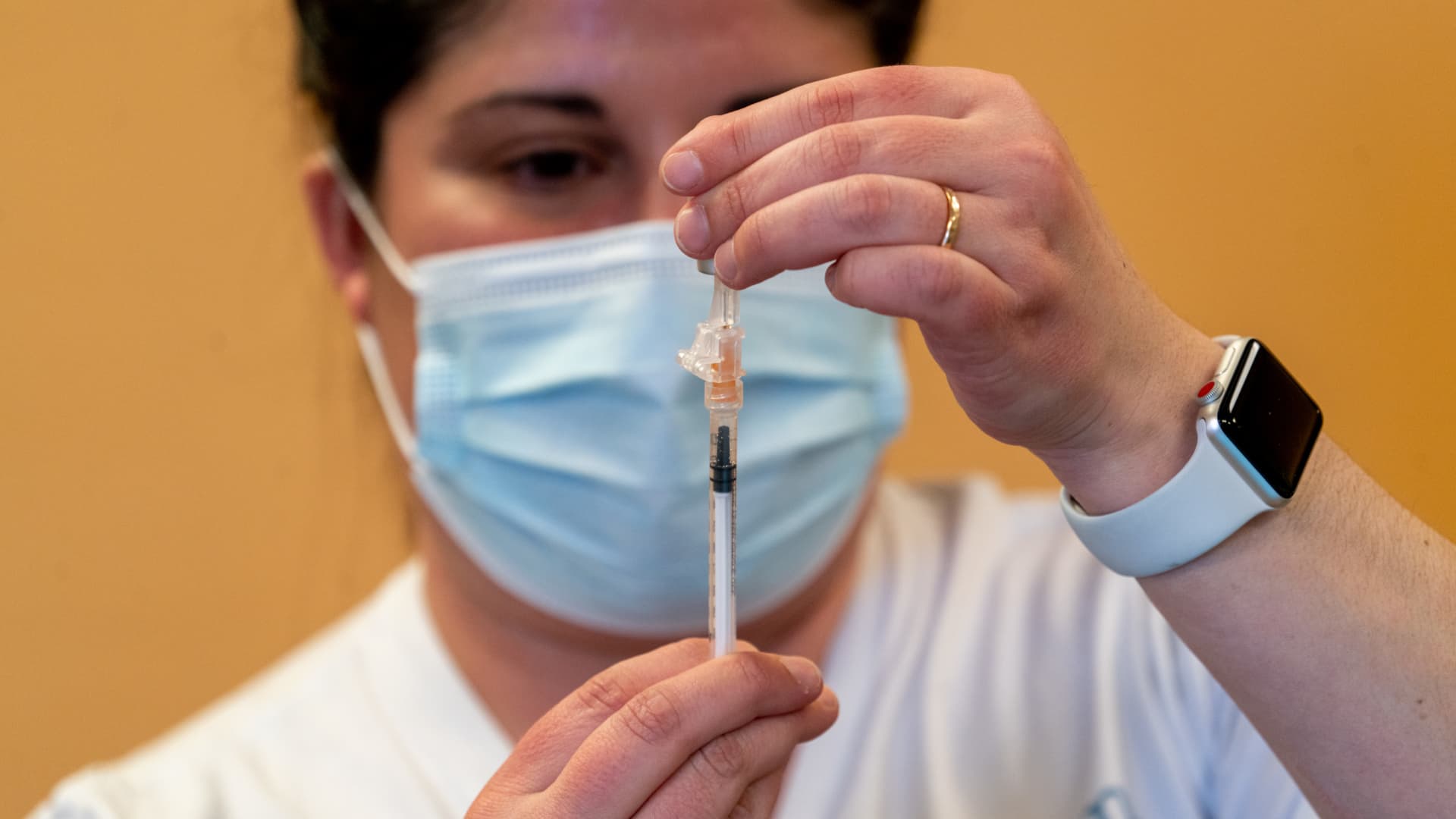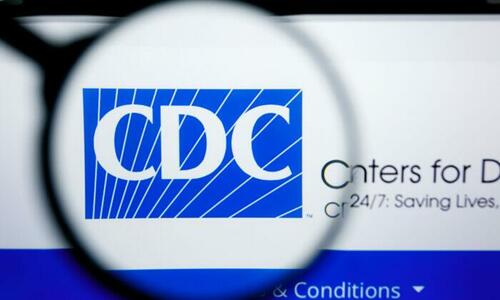CDC withholds COVID data on booster effectiveness in those younger than 65, report says
WASHINGTON (TND) — The Centers for Disease Control and Prevention is not publicizing much of the data it collected on hospitalizations for COVID-19 public, including information about the effectiveness of booster shots for people younger than 65, The New York Times reported.
The CDC left out the number of 18-to-49-year-olds who materially benefited from getting booster shots after having been fully vaccinated,
according to the report, which notes that age range is the least likely to benefit from additional shots.
The agency is recommending everyone over 12 get fully vaccinated against the disease despite
elevated risks of myocarditis among young men between the ages of 12 and 39. There is also a higher risk of myocarditis from a COVID infection as well.
CDC officials are now
arguing younger people should wait up to eight weeks before getting the second shot.
Two years into the pandemic, the CDC has only published a tiny portion of the data, The New York Times reported, citing sources familiar with the data. Much of the withheld information could help state and local governments aiming to tame the virus, not to mention identify populations at the highest risk.
Up until now, outside experts relied on information from Israel to make their recommendations on shots for18-to-49-year olds because they lacked CDC data, according to the report. There's a logical reason for delaying the information rollout, the CDC argues.
"
asically, at the end of the day, it’s not yet ready for prime time,” Kristen Nordlund, a representative for the agency, told The New York Times, referring to the withheld data. She added the agency's “priority when gathering any data is to ensure that it’s accurate and actionable.”
There's also concern whatever information is revealed could be misconstrued, according to Nordlund.
Some experts are asking why experts were relegated to relying on Israel for data.
“There’s no reason that [the Israeli scientists] should be better at collecting and putting forth data than we were,” Dr. Paul Offit, a pediatrician specializing in infectious diseases at the Children’s Hospital of Philadelphia, told The New York Times.
This is not the only time the CDC has come under scrutiny for failing to publish data related to the pandemic. Critics hammered the agency last year for not publishing data on cases of reinfection, or breakout cases when a fully vaccinated person gets infected.
Health care providers, meanwhile, were livid after discovering the data was not being made public.
“We have been begging for that sort of granularity of data for two years,” Jessica Malaty Rivera, an epidemiologist who helped run the COVID Tracking Project, told The New York Times. That project helped compile pandemic metrics until March 2021.
Story








